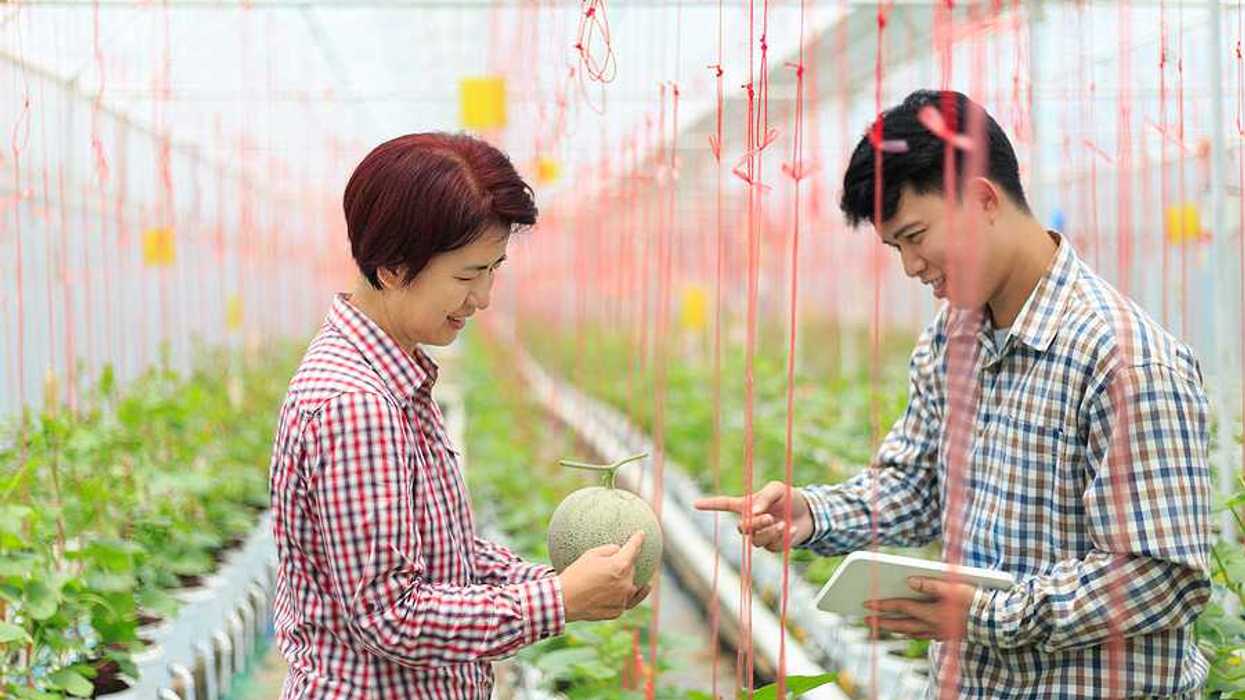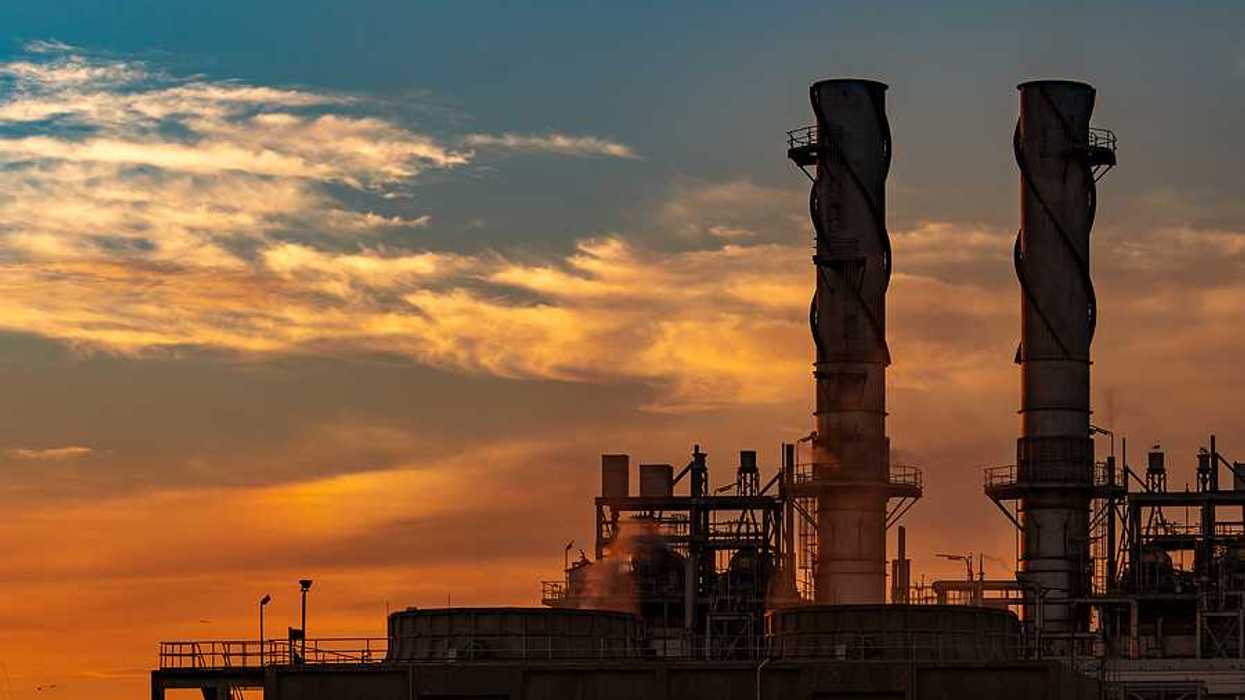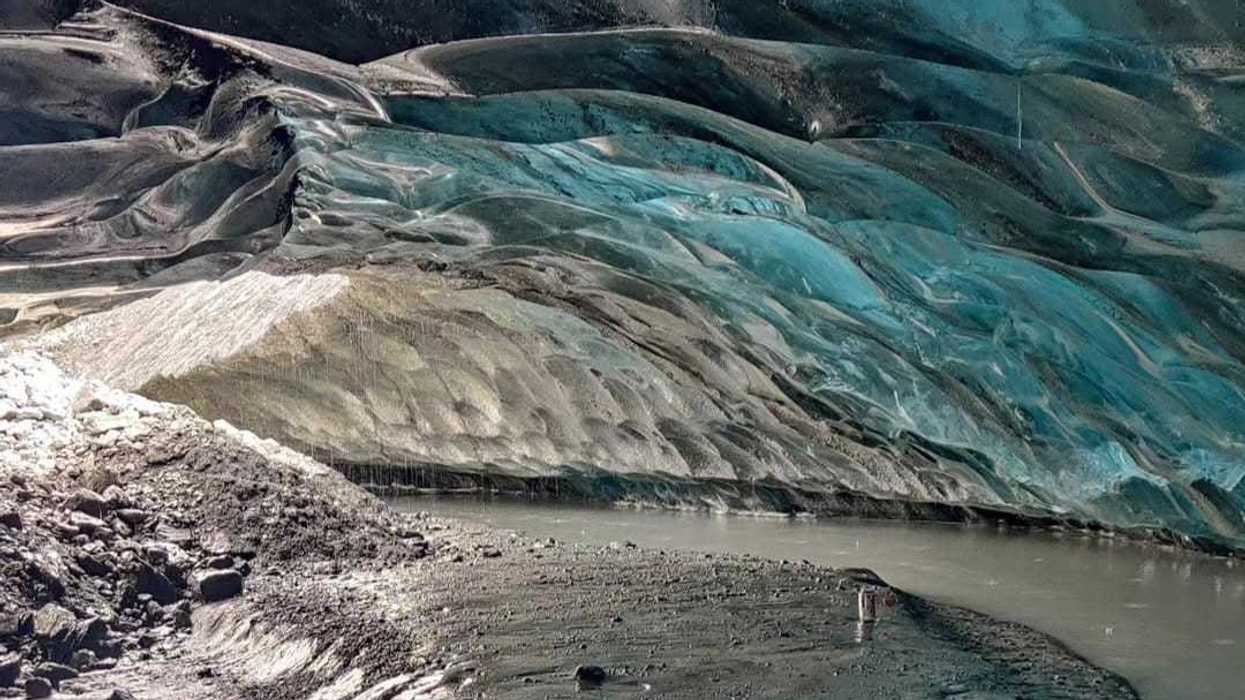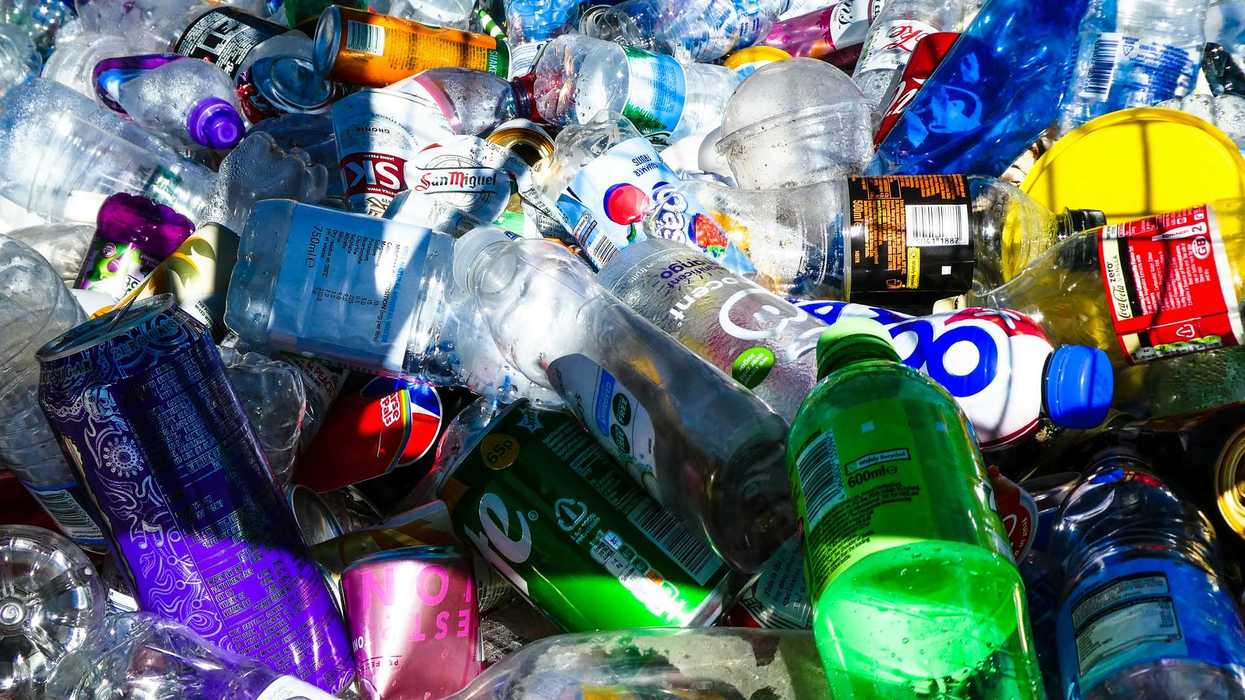In California's San Joaquin Valley, a massive dairy farm uses methane digesters to manage cow manure, central to the state's efforts to reduce greenhouse gas emissions from the dairy industry.
Tony Briscoe reports for the Los Angeles Times.
- Champions of the the technology boast that digesters have already achieved 22% of targeted emissions reductions but critics argue that generous financial incentives rewards methane production and establishes a profit motive around turning animals into power plants.
- Critics argue that generous financial incentives rewards methane production and establishes a profit motive around turning animals into power plants.
- Environmentalists contend that methane digesters further greenhouse emissions as well as driving negative health impacts in surrounding communities from increased ammonia and particulate pollution.
Key quote:
"Methane is not some unavoidable waste product that we need to capture and do something with."
— Sara Gersen, Senior Attorney, Earthjustice.
Why this matters:
The controversy over methane digesters is yet another example of the unintended consequences of well-intended emissions reduction strategies. While biogas can play a role in curbing global warming pollution, critics contend new infrastructure shouldn't be built to burn it.














